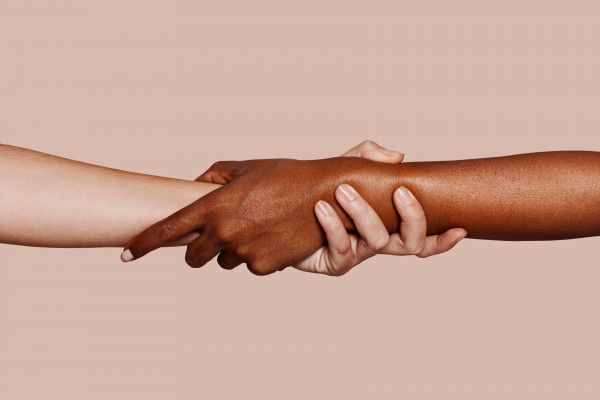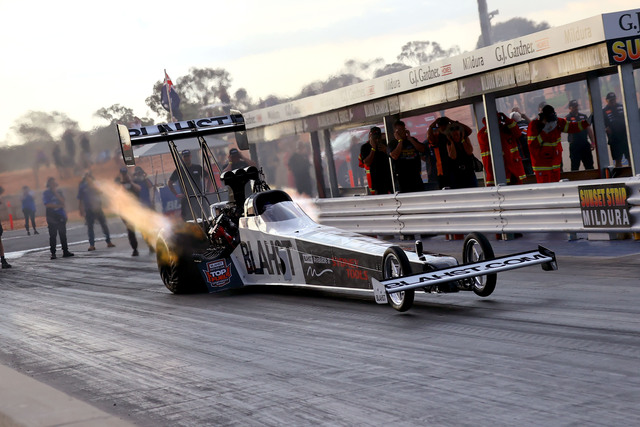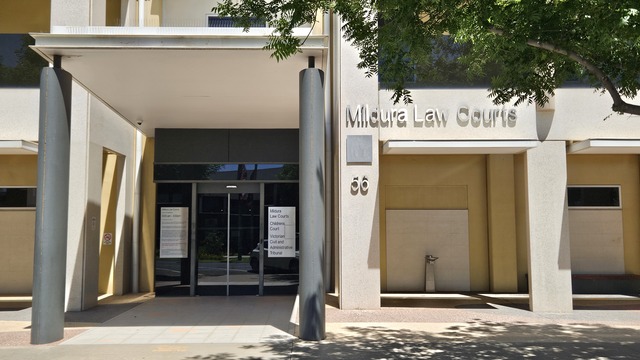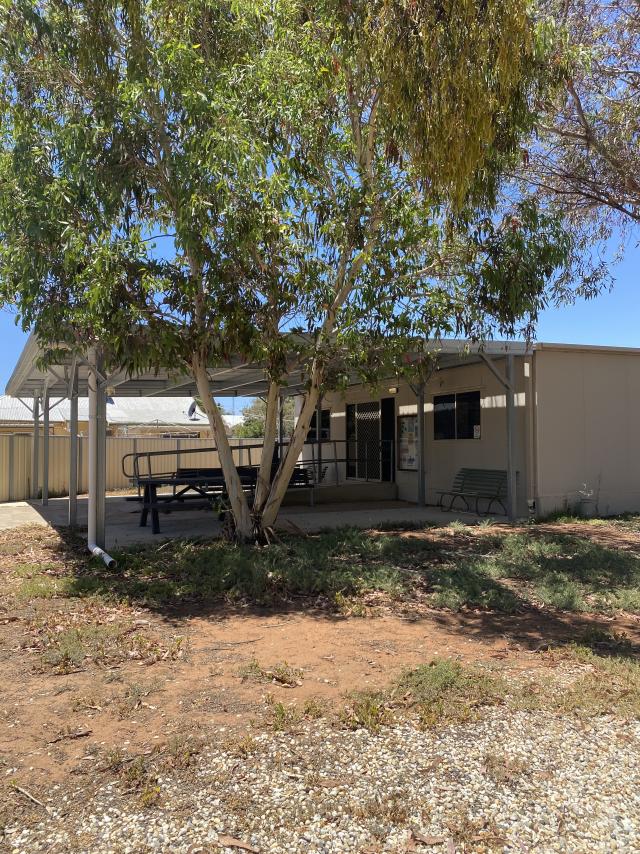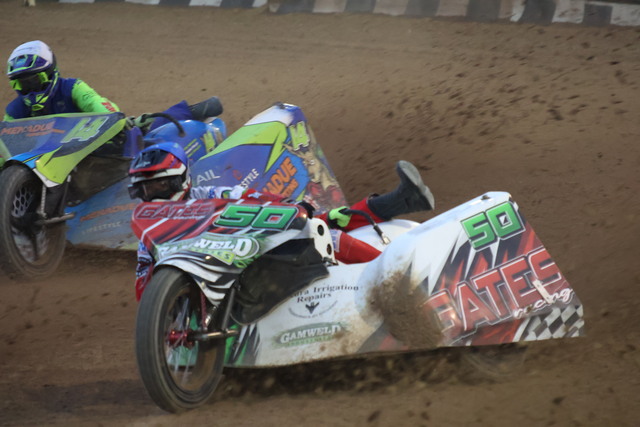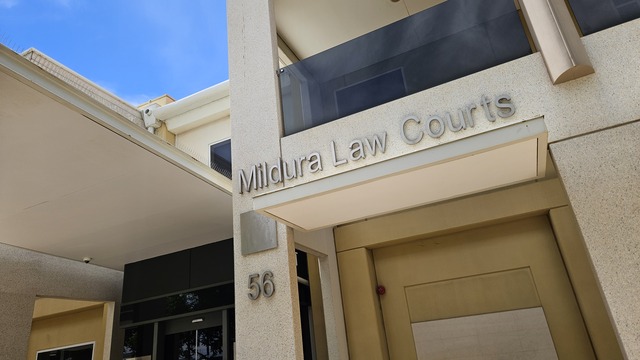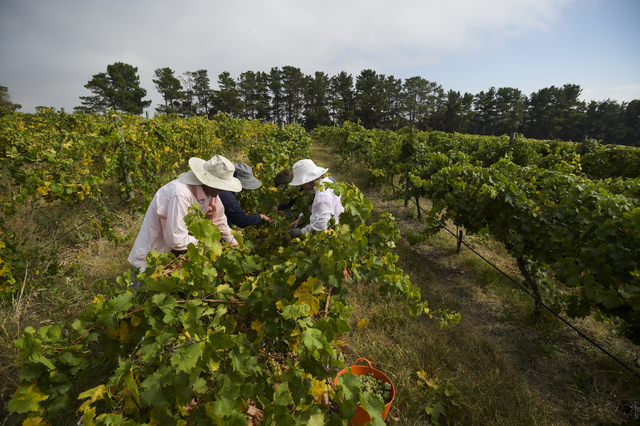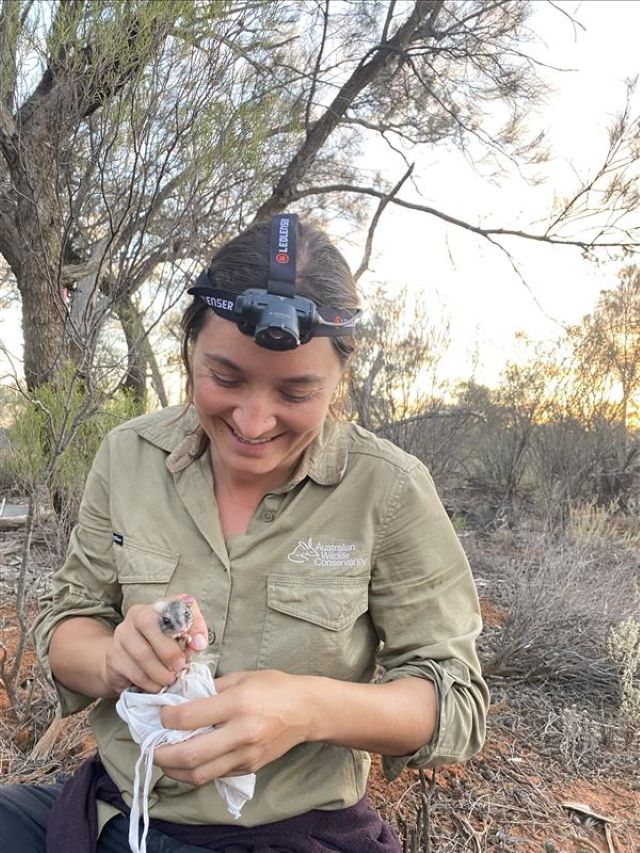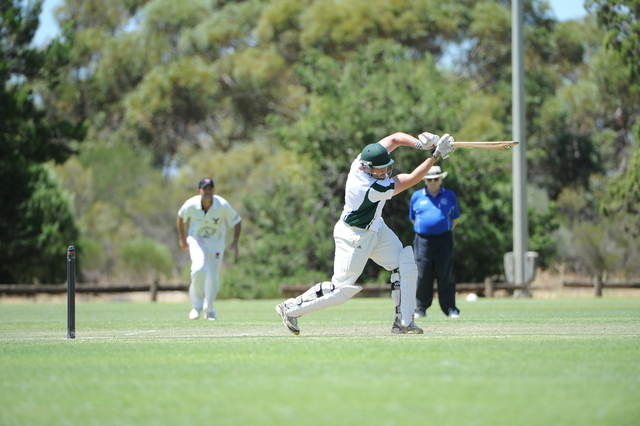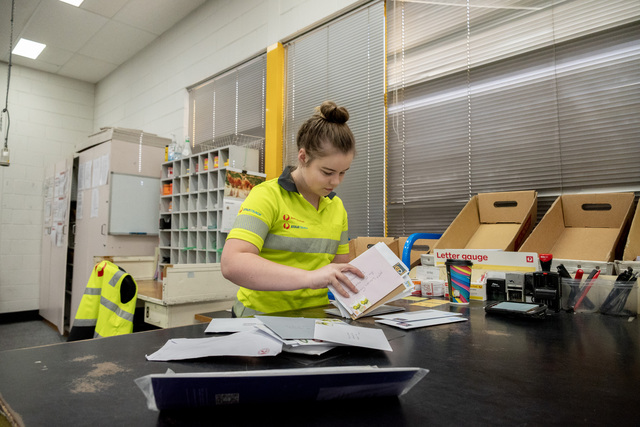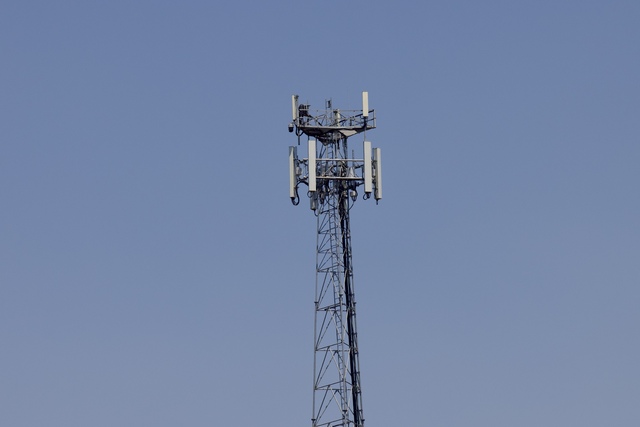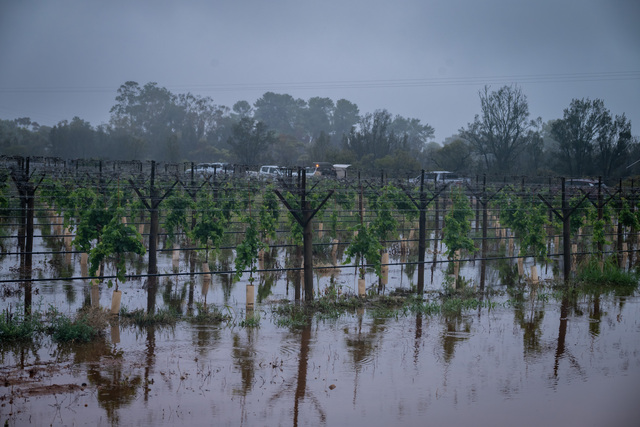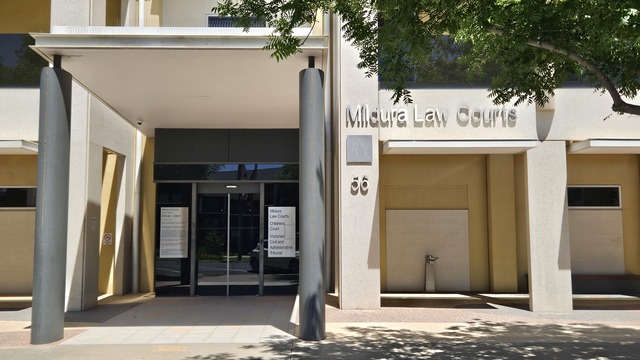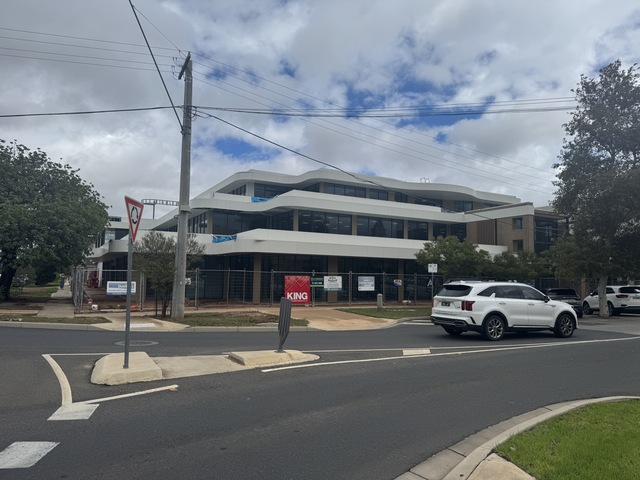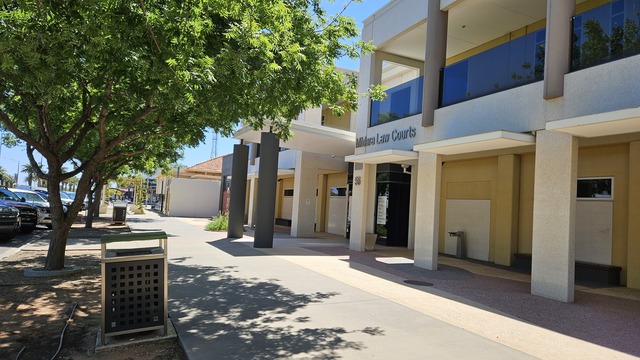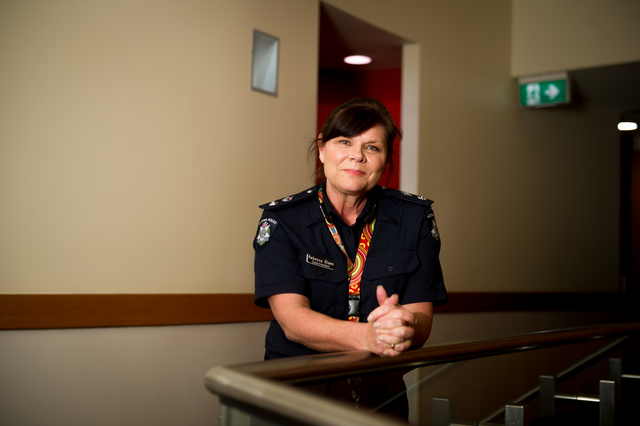I WILL wake this Saturday morning with a question on my mind, the same question that’s been rattling around in that mind for months.
On this day, though, I must come up with an answer. Yes, or No.
Most of you, I expect, will have already made your decision and I respect your call, whichever way it went, and if you did so with confidence and certainty, I admire that.
I’m personally not that confident or certain, though. In either choice.
When the Voice referendum question was released, my heart said “yes”, but my head said maybe not. The Yes voter in me immediately wanted to embrace the chance to promote a way forward for Indigenous Australia as part of the nation overall, but my inner No voter sat on my other shoulder and whispered in my ear a reminder that we are supposed to be one nation, not two, and that a successful Yes vote could create a perception of division.
Held strongly enough, and by enough people, perceptions can effectively become realities. And division, real or perceived, is something I definitely do not want, so I started leaning towards voting No.
But then the campaign started rolling in earnest and things got very divisive, very quickly. The worst of this, I thought, came from the conservative side of federal politics, which from the start very clearly saw a No result as promising a loss for the political opponents who had brought the question to the people.
Slogans like “if you don’t know, vote No” were, frankly, an offence against democracy and an insult to the intelligence of the Australian voter, and howls that the referendum would cause division were themselves actually deliberately divisive, and deliberately divisive for political gain. Appalling.
That may well have pushed me back towards a Yes vote, but then I was also offended, and deeply disappointed, by the actions of some of my Yes-voting friends, who for months have made it clear on their social media that if you vote No, you must be a racist. Or a redneck, or a dinosaur, or an idiot, but definitely some kind of racist. They’ve fallen into the trap of playing the same dirty game, and that saddens me deeply.
I’m not going to accuse the federal government of creating division by presenting the referendum, because this is an issue that needs to be addressed and there’s no easy way to do that. The previous government clearly wasn’t interested in even trying. The question’s framing, though, was always going to be a challenge.
If only one could ask something as simple as “would you like to see better health, education, employment and social outcomes for Indigenous Australians?”. That question would get a Yes vote of more than 95 per cent, I’m sure, but it wouldn’t provide a next step, a framework through which these outcomes might eventually be achieved.
The question you will see on your ballot paper today is: “A Proposed Law: to alter the Constitution to recognise the First Peoples of Australia by establishing an Aboriginal and Torres Strait Islander Voice. Do you approve this proposed alteration?”
Yes, that question is a little less detailed than I would like, but it does offer a framework on which to build something, and a successful Yes vote would send a message that we, as a nation, are committed to building it.
What message would a No result send? Could it be that non-Indigenous Australia doesn’t give a stuff? And what about the way the world sees us, the country that first, in the republic referendum, couldn’t bring itself to break the redundant anachronism of ties to our colonial past, and now votes against recognition of the people the colonists took this country from? Even the United States, another land taken from its original inhabitants, then made rich by black slavery, will be able to call us racist and backward, and we might struggle to argue that’s wrong.
So, anyway…
A couple of weeks ago, I was weighing all this up, and it seemed to me that while a Yes vote wouldn’t necessarily guarantee a better future for Indigenous Australians, it would at least provide an opportunity to achieve that. A No vote, I thought, would at best change nothing and at worst send all of Australia back a step. I felt pretty confident at this point that I would vote yes, but then something happened.
As a journalist working on a story completely unrelated to the Voice, I spent some time with some local Indigenous people and their Voice views came up as we talked. Several said they were voting No.
These were not the Indigenous senators, MPs, academics, business people or other “prominent Australians” who have become linked to the No campaign, but “ordinary Australians” who happen to be Indigenous and who have lived the lives, the real-world experiences, that the referendum is aimed at improving. Their reasons for voting No were not all identical, but there was one salient theme; that we are supposed to be one nation, not two.
This was, of course, my original reason for thinking I would vote No. I’m certainly aware that polling shows most Indigenous people will vote Yes, so it’s not that this experience has changed my vote, but it has certainly pushed me back towards uncertainty.
If you are reading this on the morning of Saturday. October 14, 2023, a date destined to be historic no matter what happens at the polling booths, you can be sure that I’m still thinking hard about which way is the right way to go on this, and that I will be, right up until the moment I vote.
I just hope that every Australian who writes Yes or No on Saturday has done the same.

